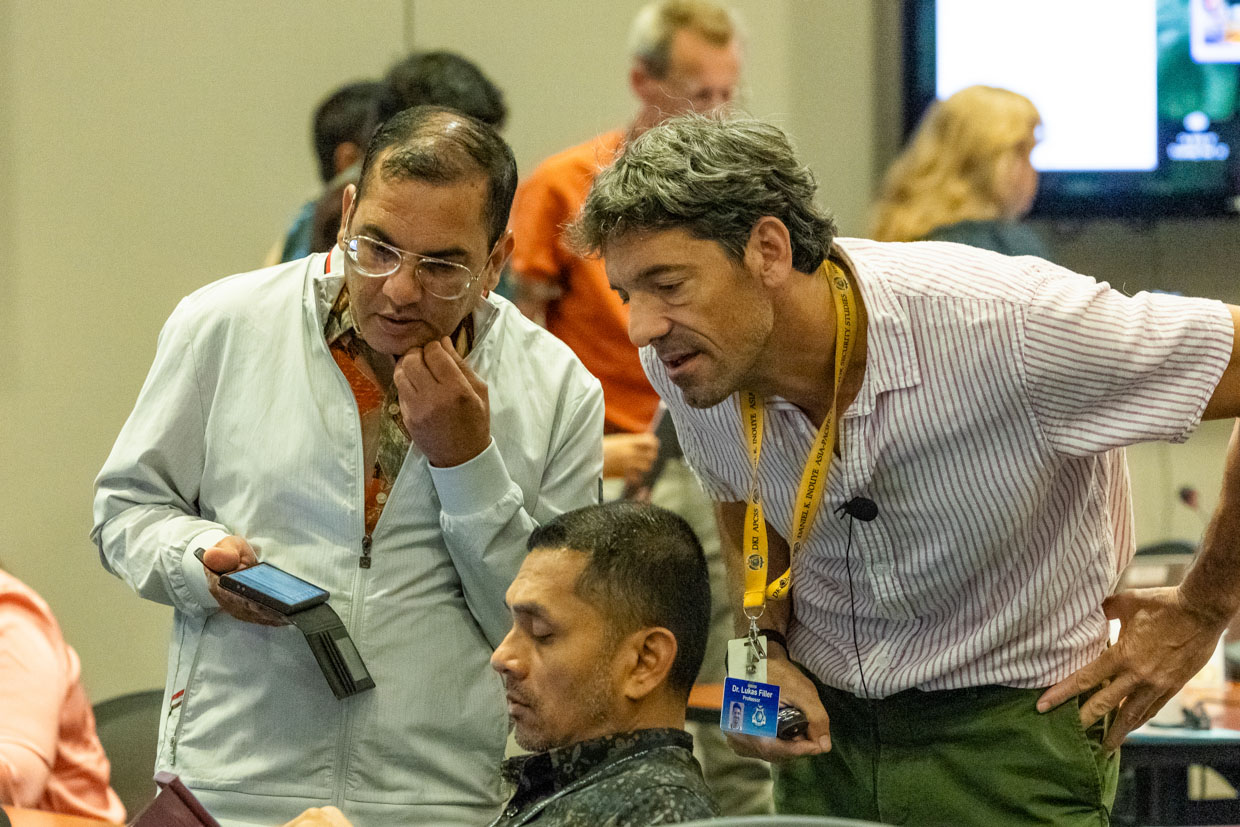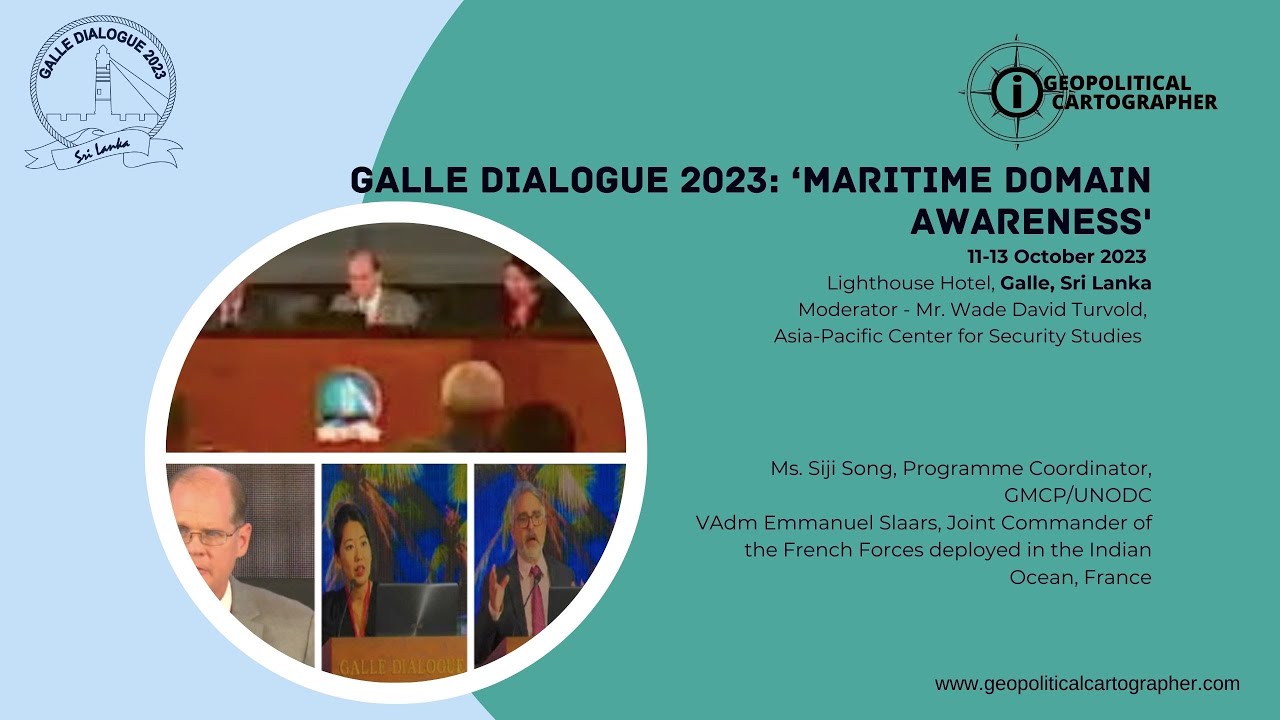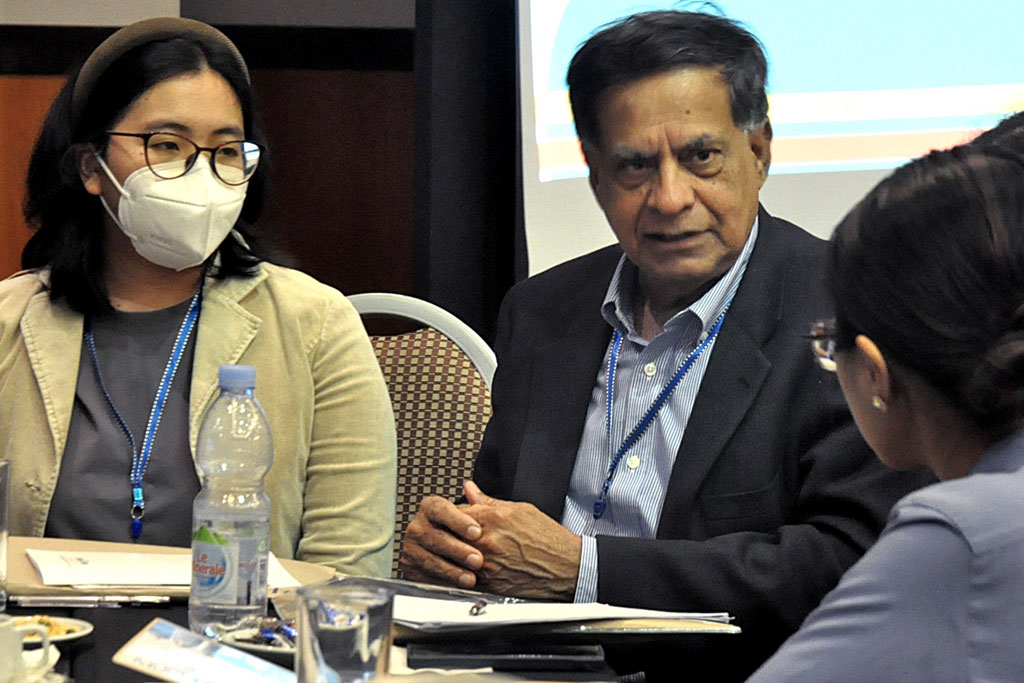How to manage porous borders in Southeast Asia was the subject of a conference recently co-hosted by the Cambodian Institute for Cooperation and Peace (CICP) and Asia-Pacific Center for Security Studies (APCSS) held Feb. 27 to Mar. 2 in Phnom Penh, Kingdom of Cambodia.
Participants focused on porous borders and the associated transnational threats, and intra-governmental, regional and international cooperation required to manage these threats.
They shared information and understanding of various national perspectives on border control challenges commonly shared by Southeast Asia countries. Attendees also shared best-practice methods and assets related to border control and methods of coordinating internal and regional government and non-government control efforts. In addition, they looked at how better to interface with all agencies involved.
Participation included 46 representatives from: Cambodia, Thailand, Vietnam, Laos, Myanmar, Australia, Canada, Singapore, Philippines and the United States. International organizations such as the UN’s Office on Drugs and Crime, UN Inter-Agency Project on Human Trafficking in the Greater Mekong sub-region, and the International Organization of Migration, headquartered in Geneva, also participated.
His Royal Highness, Prince Norodom Sirivudh of the Kingdom of Cambodia provided opening remarks for the conference. His Royal Highness serves as Privy Counselor to His Majesty the King of Cambodia and Chairman of the Board of Directors Cambodian Institute for Cooperation and Peace. He is a former Deputy Prime Minister and Co-Minister of Interior
In her remarks at the conference’s opening ceremony, U.S. Chargé d’Affaires Piper A. W. Campbell stated, “The transnational threats and challenges associated with porous borders cannot be resolved through unilateral action. Future success requires cooperation intra-governmentally, regionally and at the international level.” She noted that this conference offered a “unique opportunity to make a difference-to exchange perspectives and to share views on the steps required to improve border systems.”
Other speakers included His Excellency, Mr. Var Kim Hong, Advisor to the Government on Border Affairs and Chairman of the Cambodian Border Committee, Dr. Chap Sotharith, CICP Executive Director and Mr. Choombhon Lertrathakarn, Senior Expert on International Security Affairs, Office of the Secretary-General of the National Security Council, Thailand.
In addition, Mr. James Martin, First Secretary of the Canadian Embassy in Bangkok, provided a presentation on false passports. Participants learned about recent trends in document fraud, and were able to review dozens of false passports that were being used in transnational narcotics and human trafficking.
Finally, retired U.S. Ambassador Charles B. Salmon, Jr., also spoke to the group comparing the region today to when he first began work there in 1966 emphasizing the enormous progress that had been made. According to Ambassador Salmon, the successful growth of ASEAN is due primarily to the energy and hard work of the people of the ASEAN nations. But he also highlighted the contribution that the United States had made to regional stability and prosperity which made possible this favorable development.
According to APCSS Deputy Director Army Brig. Gen. (Ret.) James Hirai, “This meeting provided an opportunity for focused discussions on border management challenges, opportunities, and sharing of innovative and practical ways to enhance good management. Based on the level of participation and lively discussions, we believe this is an important and timely topic, and that there are shared opinions about the need for intra- and inter-governmental collaboration. We are grateful for the hospitality of our co-host, the Cambodian Institute for Cooperation and Peace, and that of the Kingdom of Cambodia, for their support and an enabling venue. We at APCSS look forward to future opportunities to participate in regional discussions and to help further cooperation on security related issues.”









Leave A Comment